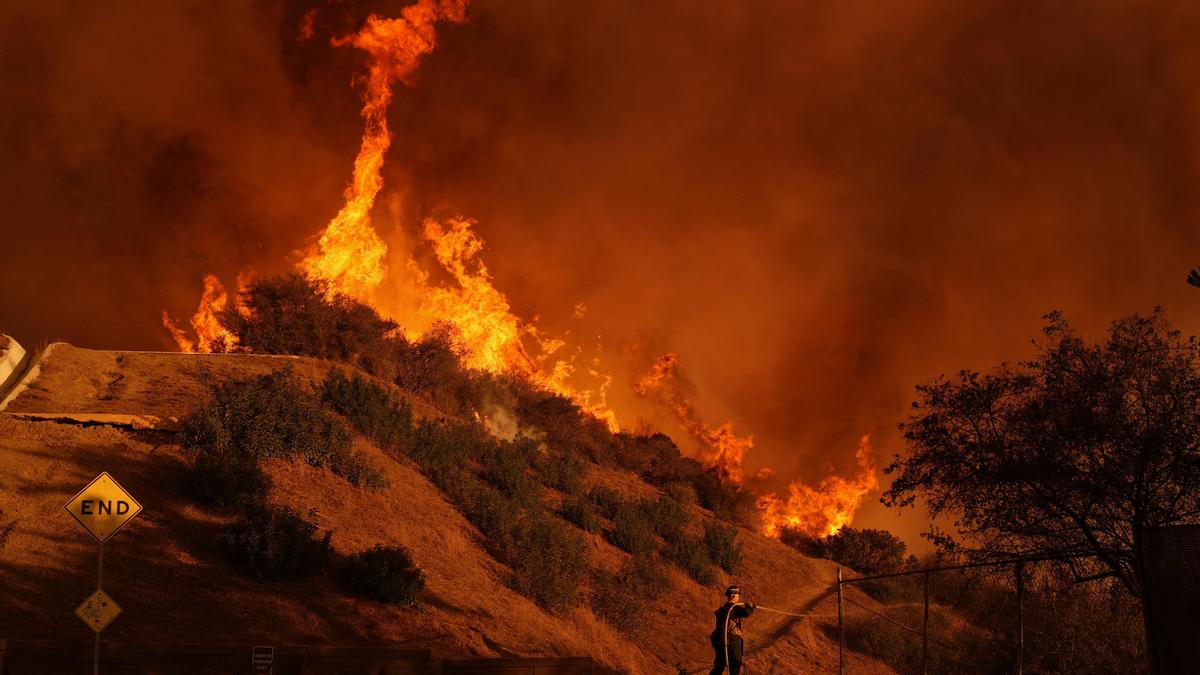Copyright thehindu

For more than a decade, Bill Gates’s views have come to define the respectable centre of climate discourse for the American elite. His words have carried the weight of authority and his ideas have bridged science, capital, and philanthropy in a distinct technocratic register. Around 2019-2021, Mr. Gates’ climate messaging leaned towards apocalyptic urgency as he issued dire warnings of collapsing ecosystems, mass displacement, and a narrowing window for the world to achieve net-zero. The rhetoric helped spur public concerns but also reproduced the pitfalls of climate alarmism, which is to overstate catastrophic inevitability without also emphasising adaptive capacity and human agency. Alarmism can mobilise communities in the short term but in the long-term it invites disbelief and political backlash. Now, Mr. Gates appears to have overcorrected. In a recent memo, he said that while climate change will have serious effects, it won’t threaten humanity’s survival. He also suggested that reducing poverty and disease would better equip vulnerable populations to face a warming world. The differences between “not apocalyptic” and “not severe” are crucial yet easily lost in public discourse. He assumed the audience would parse gradations of scientific probability; in reality it mainly registers tone. Also Read | Climate change will escalate child health crisis due to malnutrition: Bill Gates A dangerous pivot Mr. Gates’s position on climate adaptation has long been defined by the belief that technological innovation, investments, and systems engineering can decouple growth from emissions. While this view helped raise considerable funds for low-carbon energy research, it also perpetuated certain political tensions. The foremost issue was that the optimism could be autocratic in practice. Mr. Gates’s philanthropic model channels private wealth into setting priorities for entire governments, and in his pre-recalibration era, these were technically sophisticated measures to limit the amount of carbon in our environs without addressing the human and natural processes that put it there. His philanthropy often bypassed democratic deliberation, so his approach to “solving” climate change could crowd out alternative discourses, especially those emphasising structural change. Even now, Mr. Gates has said the world has made significant progress on cutting emissions. This isn’t strongly supported by data. The Global Carbon Project and Carbon Brief states that global fossil fuel emissions reached record highs in 2022-2024, although their rate of growth slowed from about 3% per year in the 2000s to roughly 0.5% per year in the last decade. Emissions due to land-use changes have decreased by 28% since the late 1990s but this progress is outweighed by continued growth in emissions, particularly in China and India. There are also uncertainties in emissions accounting. Land-use change emissions estimates are uncertain due to incomplete data on forest degradation and regional data gaps, especially in tropical regions. Even where declines are reported, revisions between datasets shift cumulative global emissions by tens of gigatonnes. Year-to-year changes also have wide error ranges. Taken together, these uncertainties mean that while the rate of emissions growth may have slowed and land-use emissions likely decreased, it is premature to claim progress in emissions reduction. Likewise, Mr. Gates’s pivot to prioritising global poverty and health also risks being read, especially by Western or corporate audiences, as the more convenient “we can keep burning now if we vaccinate the poor later”. This logic of substitution undermines the systemic simultaneity that climate adaptation action demands. U.S. President Donald Trump’s reaction to Mr. Gates’s memo, claiming he had “won the war on the climate change hoax”, unsurprisingly reduced a re-evaluation to a hollow political victory. The more important consequences lie in the ripple effects of Mr. Gates’s own shift. Also Read | Trump declares victory against climate ‘hoax’ after Bill Gates comments Ripple effects of the shift While it was commendable, two facts complicate its perception. First, Mr. Gates continues to occupy an outsized place in the global climate discourse as he translates science into a sort of climate common sense for the elite. His moderation carries both symbolic and practical weight. Second, his first alarmist position raised the stakes to untenable levels, then lowered them in the face of conflicting evidence, setting up a textbook example of why brinkmanship is bad. Even if stepping back from the brink is laudable, it will fuel overweening denialists such as Mr. Trump, who have trouble differentiating moderation from retreat. Mr. Gates’s path to becoming a climate authority is rooted in the same disruptive ethos that defined his technology career. He did not conquer the computing world with perfect, high-end products but by strategically pushing software and hardware that simply made computing more accessible. Ironically, he protected this dominance and opposed the open-source movement because he viewed it as a direct threat to Microsoft’s business model. But as the technology landscape evolved with the rise of the internet and cloud computing, Microsoft’s stance began to turn under new leadership. Mr. Gates himself acquiesced after it became clear the new paradigm would not cramp his business model. In a world where great wealth and success are seen as a license to arbitrate on all critical societal issues, it is almost inevitable that Mr. Gates would become a climate seer — and that his opinions can’t be dismissed out of hand.



